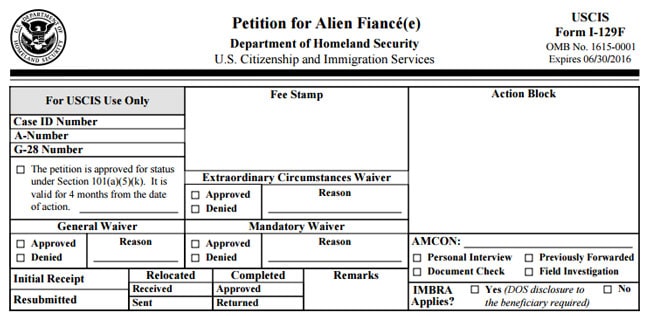7 Ingenious Ways to Organize Paperwork Without a File Cabinet

One of the most common challenges that many of us face, especially in our workplaces or even at home, is managing a constant influx of paperwork. With the digital transformation in the modern era, one might argue that paper documents are dwindling. However, paperless offices are not yet the norm, and we often find ourselves drowning in printed documents, forms, bills, and notes. If you're looking to organize your paperwork but don't have the luxury of a file cabinet, this blog post is for you. Let's dive into seven ingenious ways to keep your paperwork in order without the need for traditional filing systems.
1. The Magazine Rack Hack

Magazine racks aren’t just for holding glossy magazines; they can be fantastic for organizing documents too. Here’s how to use them:
- Label each section of the rack for different categories of documents.
- Use decorative folders or folders made from sturdy material to slide into the slots.
- File documents upright for easy access.

📌 Note: Avoid overloading the rack to prevent warping and ensure visibility of labels.
2. Binder and Binder Clips

Binders with binder clips can transform into a mobile filing system:
- Purchase binders of different sizes and colors for various document types.
- Use binder clips to attach paperwork directly to the binder rings.
- Label the binder spines with categories or project names for quick reference.
The advantage is mobility; you can carry your documents with you, from meetings to home office.
3. The Shoebox Solution

This simple method can be surprisingly effective:
- Find attractive shoeboxes or purchase ones designed specifically for storage.
- Designate each box for a specific type of paperwork.
- Label the boxes, and keep them in a stack or on shelves.
| Size | Documents |
|---|---|
| Small | Receipts, business cards |
| Medium | Monthly bills, statements |
| Large | Legal documents, contracts |

4. Wall-Mounted Document Holder

Make use of your wall space with a document holder:
- Choose a rack or holder that can attach to the wall.
- Install it at eye level or a convenient height.
- Store your documents in labeled pockets or slots.
These not only save desk space but also keep documents visible and accessible.
5. Desk Trays and Stackable Inboxes

Desk trays offer a straightforward approach to organizing paperwork:
- Use stackable trays for incoming and outgoing documents.
- Consider trays with adjustable sections for flexibility.
- Keep important papers close at hand without cluttering your workspace.
This is perfect for those who frequently deal with paperwork on their desk.
6. Portable Filing Box

Carry your documents around without the bulk of a file cabinet:
- Invest in a portable filing box with hanging file folders.
- Use labels and organize files by priority or category.
- Take it to meetings, store it in a car, or move it between rooms.
This is particularly useful for those with mobile work environments.
7. The Clipboard Trick

When space is at a premium, clipboards can be your best friend:
- Gather clipboards of various colors for easy categorization.
- Clip important documents onto them.
- Lean them against a wall or stack them on your desk.
The clipboard system lets you review documents quickly and keep them organized.
Each of these methods offers a unique and practical solution for organizing paperwork. Whether you're short on space, seeking a portable solution, or simply looking to declutter your work environment, there's an option for everyone. In selecting a method, consider your work habits, the volume of paperwork you handle, and the aesthetic of your office space. Remember, an organized workspace leads to a clearer mind, enhanced productivity, and less time wasted looking for lost documents.
These seven methods emphasize flexibility, accessibility, and visibility, helping to keep your paperwork in check. With the right system in place, you'll find that even without a file cabinet, managing paperwork can be a stress-free and efficient process.
How often should I review my organized paperwork?

+
It’s a good idea to review your documents at least once a month to discard outdated items or reclassify them.
What if my documents are too private for open storage solutions?

+
Consider using closed bins, folders with zippers, or portable lockable cases to keep your documents secure.
Can I apply these methods at home?

+
Absolutely. These organizing techniques work well for managing personal documents at home, from bills to important papers.
What do I do with documents I need to keep, but not frequently access?

+
Store them in boxes or containers that can be easily labeled and stored away. Use the shoebox or binder method for less frequent access items.
How can I integrate these solutions with a digital document management system?

+
Use physical storage for paper backups or scan and shred documents as needed, integrating them into your digital system. Label physical storage with key digital archive details for quick reference.



